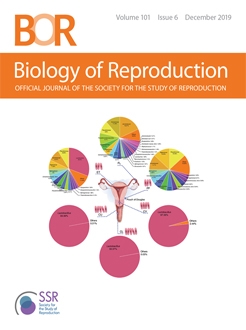An ever-increasing number of couples rely on assisted reproductive technologies (ART) in order to conceive a child. Although advances in embryo culture have led to increases in the success rates of clinical ART, it often takes more than one treatment cycle to conceive a child. Ensuring patients conceive as soon as possible with a healthy embryo is a priority for reproductive medicine. Currently, selection of embryos for transfer relies predominantly on the morphological assessment of the preimplantation embryo; however, morphology is not an absolute link to embryo physiology, nor the health of the resulting child. Non-invasive quantitation of individual embryo physiology, a key regulator of both embryo viability and health, could provide valuable information to assist in the selection of the most viable embryo for transfer, hence reducing the time to pregnancy. Further, according to the Barker Hypothesis, the environment to which a fetus is exposed to during gestation affects subsequent offspring health. If the environment of the preimplantation period is capable of affecting metabolism, which in turn will affect gene expression through the metaboloepigenetic link, then assessment of embryo metabolism should represent an indirect measure of future offspring health. Previously, the term viable embryo has been used in association with the potential of an embryo to establish a pregnancy. Here, we propose the term healthy embryo to reflect the capacity of that embryo to lead to a healthy child and adult.
Summary Sentence
Functional analysis of preimplantation embryo physiology is a valuable tool for assessment of embryo health.





